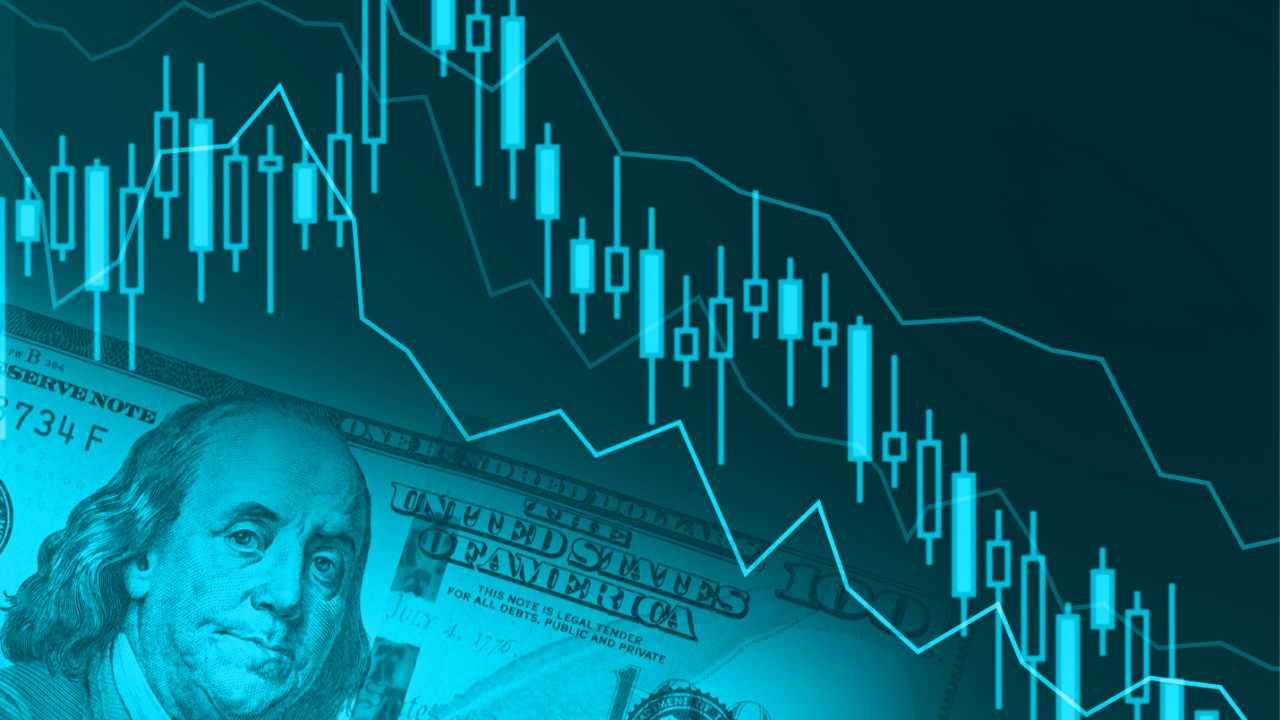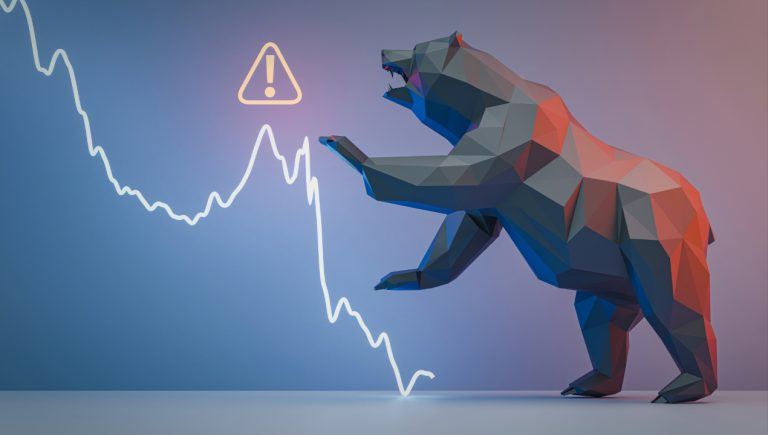US Dollar Could Lose Most of Its Value in 5 Years, Investment Manager Warns – Bitcoin News
3 min read
Investment manager Larry Lepard has warned that the U.S. dollar could lose most of its value within five to 10 years. Following the onset of the Russia-Ukraine war, “the U.S. did something which I perceived to be very stupid, which is it seized $600 billion of Russian currency reserves, and that sent the message to every other country in the world that ‘Hey if the U.S. doesn’t like what you’re doing, they can grab your money,’” the executive described.
Investment Manager Expects U.S. Dollar to Lose Most of Its Value in 5-10 Years
Larry Lepard, investment manager and founder of Equity Management Associates (EMA), shared his prediction about the demise of the U.S. dollar in an interview with Kitco News, published Wednesday. He said:
I’m very comfortable saying the dollar will effectively be restructured or have lost most of its value within 10 years, and I think, frankly, it could even be shorter than that. My kind of median guess is about five years.
The executive then explained how he came up with his prediction: “I base that on looking at history and other currency events in other countries and kind of watching the patterns of how long it takes.”
Lepard detailed that following the onset of the Russia-Ukraine war, “the U.S. did something which I perceived to be very stupid, which is it seized $600 billion of Russian currency reserves, and that sent the message to every other country in the world that ‘Hey if the U.S. doesn’t like what you’re doing, they can grab your money.’” He added:
That kind of started us on what I view as the next round of currency debasement … and we’re now seeing the everything bubble slowly but surely deflate.
The investment manager proceeded to discuss inflation. “We have a lot of inflation and sadly it’s only going to get worse,” he stressed. For safe haven assets, he recommends gold and bitcoin, seeing them both as “sound money.”
Lepard continued: “The average investor in the United States has been told: ‘Buy stocks, buy bonds, don’t worry about the currency.’ I think that’s a big blind spot because I think the currency has a great, great risk of serious debasement, and that the average investor who’s in a 60-40 portfolio, if they don’t hold gold and they don’t hold bitcoin, they’re going to really suffer in the next 10 or 15 years.” He further cautioned: “If they hold a lot of bonds, they’re going to get wiped out because I think the odds of the bonds maintaining their real purchasing power are extremely low.”
Noting that politicians change rules to suit themselves, such as when they bailed out failed Silicon Valley Bank and Signature Bank, Lepard warned that “you can’t trust a word” those in control of the fiat currency say “because everything they do is crafted to keep themselves in power, to keep the system which puts money in their pocket running.” However, he stressed that each time those in power change the rules, “more and more people are waking up” and finding alternatives to the U.S. dollar.
What do you think about the warnings and predictions by Larry Lepard? Let us know in the comments section below.
Image Credits: Shutterstock, Pixabay, Wiki Commons
Disclaimer: This article is for informational purposes only. It is not a direct offer or solicitation of an offer to buy or sell, or a recommendation or endorsement of any products, services, or companies. Bitcoin.com does not provide investment, tax, legal, or accounting advice. Neither the company nor the author is responsible, directly or indirectly, for any damage or loss caused or alleged to be caused by or in connection with the use of or reliance on any content, goods or services mentioned in this article.
Read disclaimer





